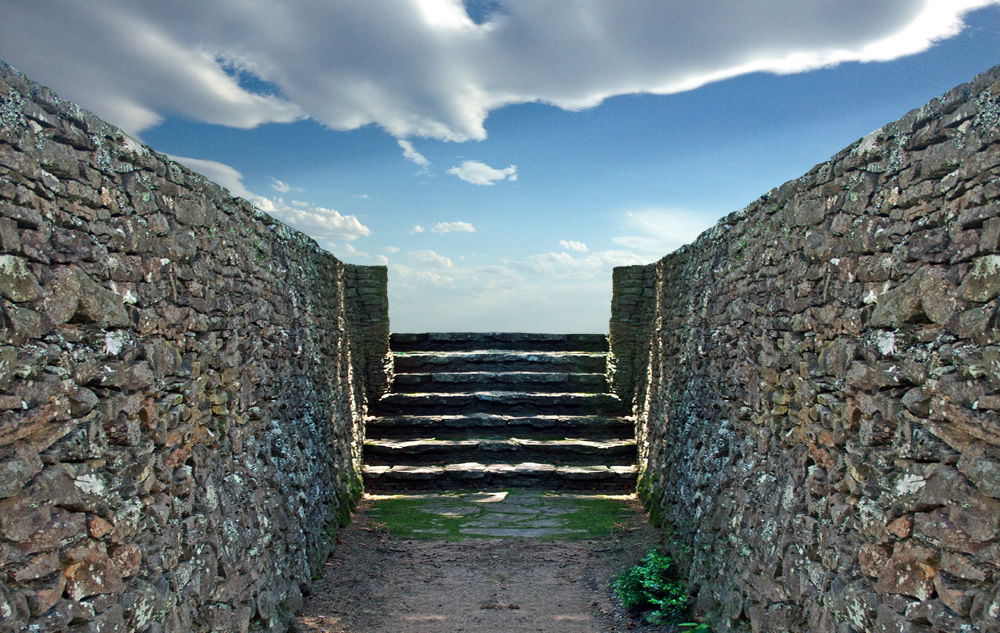Parashat Emor
Leviticus 21:1 – 24:23
This week I had the privilege to help constitute a Beit Din – a rabbinic court – for the purpose of welcoming a convert who chose to become a Jew, to join the people called by God, “a kingdom of priests and a holy nation.” (Ex. 19:6) Of course this phrase is paradoxical. The Torah establishes a priestly class that is distinct from the rest of Israel. Yet we are told, just as we are about to receive the Torah, that this choice will guide us to all become priests in some sense. There is something about the distinct status of priests that is meant to inform our own lives, though we are not priests.
Four times in our Torah portion Moses is told to speak to the priests. Each speech is meant to instruct them about certain limitations that are imposed upon them because of their special priestly status. While the special rules of priestly status have largely faded away with the loss of the Temple rituals for which the priests were especially commissioned, it is worth pondering the nature of their station for the sake of exploring our own senses of identity.
The opening of our portion begins with a somewhat awkwardly phrased verse. It begins, “And the Eternal spoke to Moses: Speak to the priests, children of Aaron, and speak to them…” (Lev. 21:1) One ancient question that has been asked is about the apparent repetition of the command to speak – “Speak to the priests … and speak to them…” Another peculiarity of the verse is that it does not say that God told Moses to speak to Aaron, as we find in the other three instances in our portion.
We might try to address both of these questions together by translating the verse as follows: “Say to the priests, ‘You are Aaron’s sons!” and say to them [further] ….”
In other words, perhaps God is telling Moses that he must preface his remarks to the priests with an address that is a reminder and an exhortation – Remember who you are! You are Aaron’s sons!” Why would such an opening phrase be called for? Let us remember that at this time there are precisely three priests in Israel – Aaron and his two surviving sons. Aaron had lost two of his sons in the dedicatory ceremony for the Tabernacle. The two remaining sons – brothers of the deceased – were being addressed so as to jolt them into an acute sense of responsibility. They are the only sons of Aaron alive. This is who they are, not by choice, but in fact. And the future of this priestly class depends on them. Soon their father will die and they will need to carry on. The continuation of the text delineates a series of difficult conditions that the priests must accept, specifically relating to burying their dead. But they are priests, Aaron’s sons. They must shoulder this burden.
The comparison of the priestly situation with our own raises important issues connected to our sense of identity. The priests were told that they are priests – whether they wanted to be priests or not, for they are Aaron’s sons, whether they choose to admit it or not. We, on the other hand, tend to believe that our identities are not imposed upon us, but are freely chosen by ourselves and constructed individually, as we live. But the model of priestly status stands before us as a challenge: When do our choices, freely undertaken, then impose upon us a mission and a destiny which we can no longer refuse, no matter how inconvenient, daunting or painful? To choose to be a Jew is to make such an ultimate undertaking. It is to choose to become, in some sense, a priest, who will always be a priest, one who no longer has any other choice.
Shabbat Shalom
Rabbi David Greenstein
![]()
Subscribe to Rabbi Greenstein’s weekly d’var Torah
Collaged Image(s):
“Walls_Path_Snip” © Brenda Clarke altered and used with permission via Creative Commons License
“Wyoming” © prettyemmy altered and used with permission via Creative Commons License
- Toby Stein: In Memoriam - Thu, Feb 8, 2024
- Faithfulness and Hope: Parashat Sh’lach - Thu, Jun 23, 2022
- Past Their Prime: Parashat B’ha`a lot’kha - Thu, Jun 16, 2022

